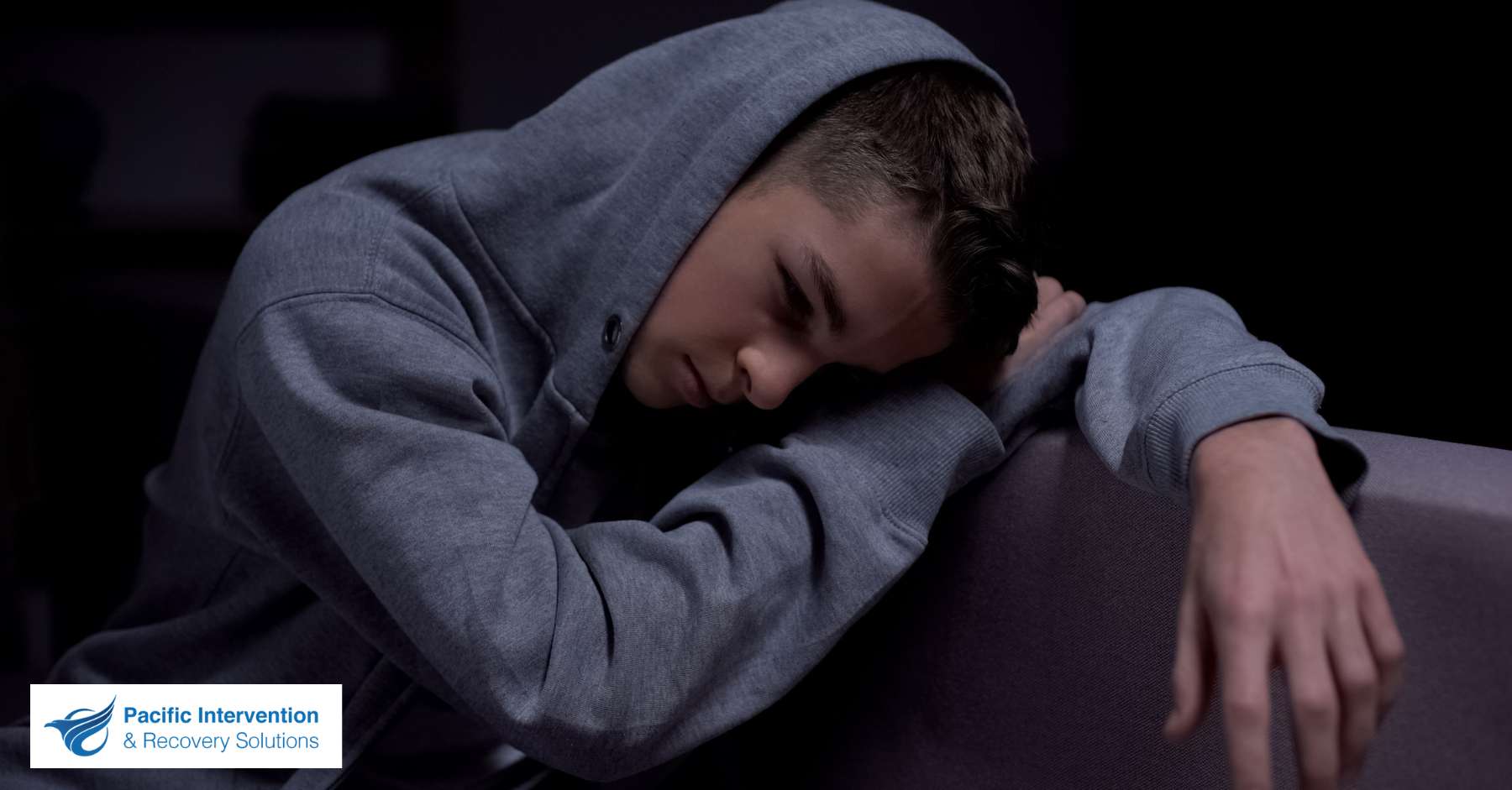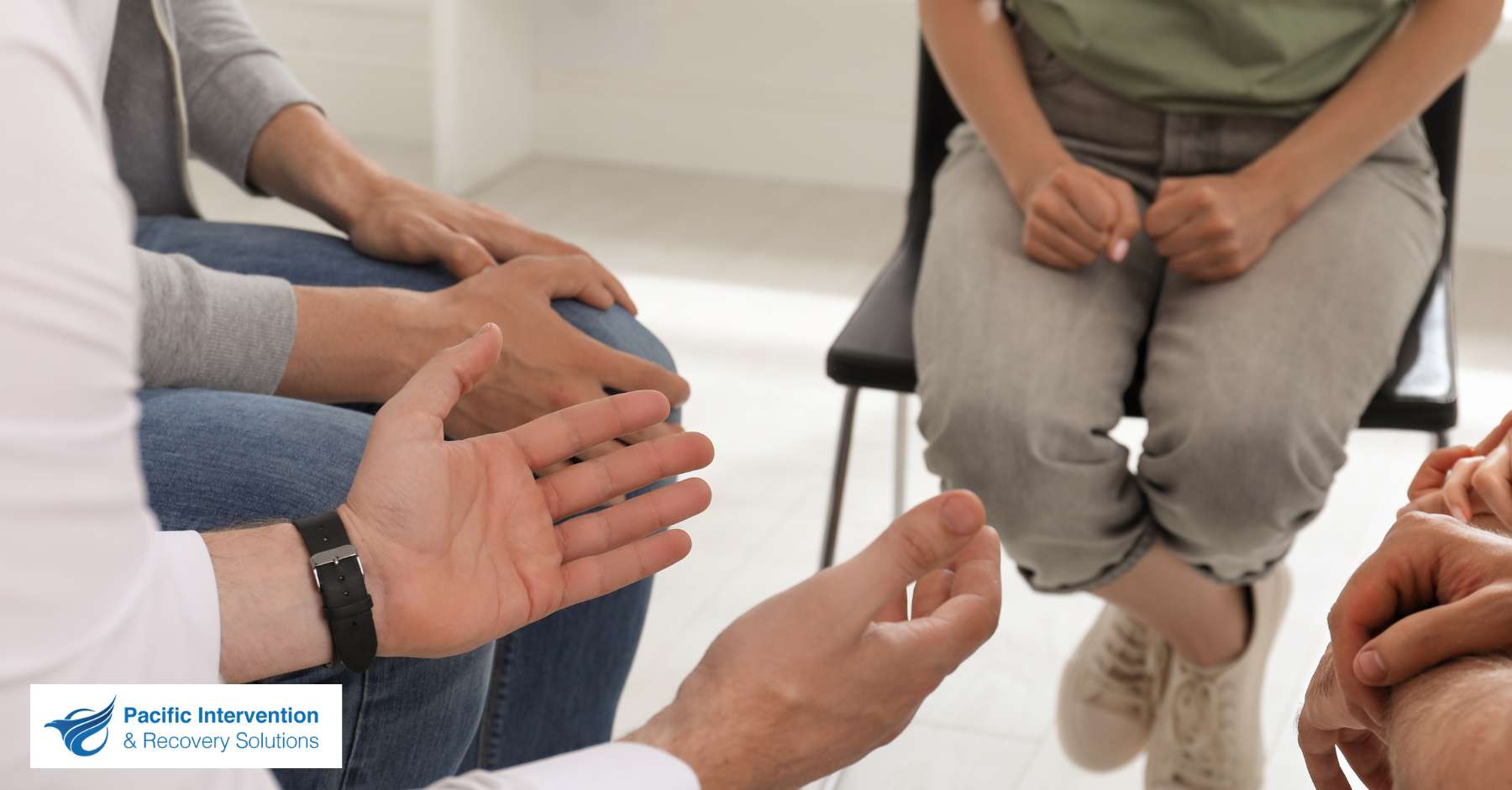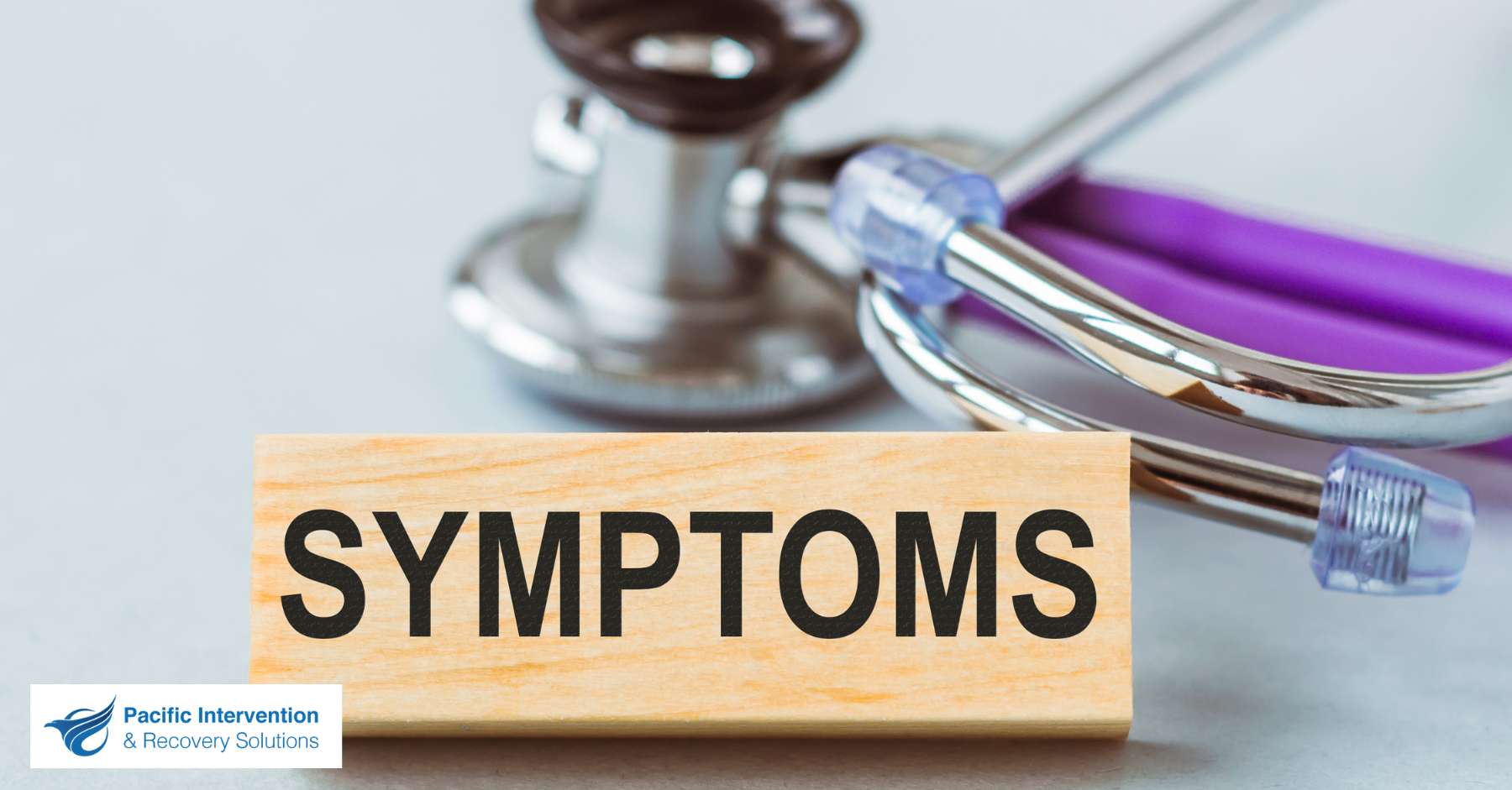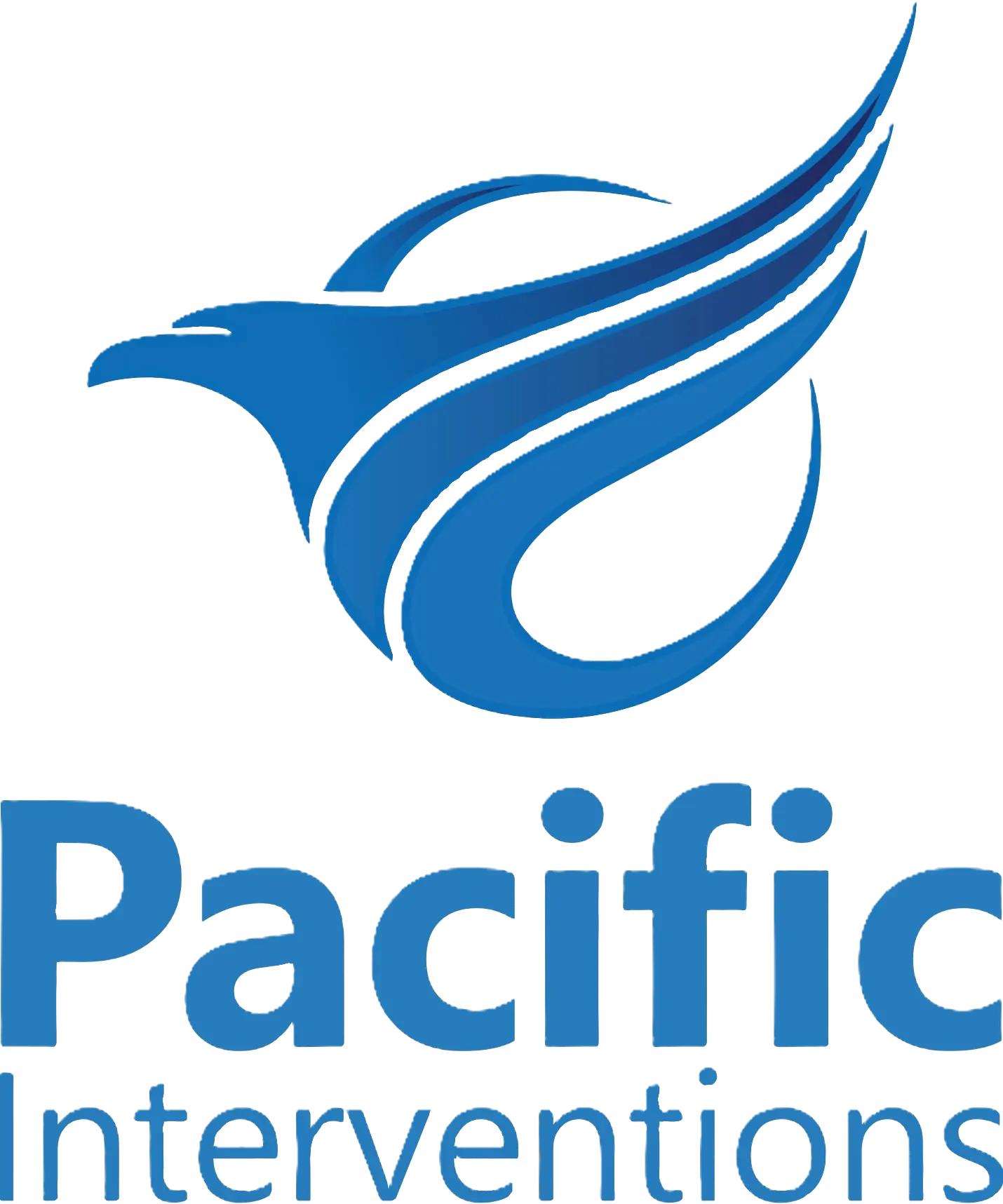Drug withdrawal is a set of physical and mental symptoms a person undergoes when they quit or decrease the use of a drug.
Withdrawal symptoms can be dependent on many different factors, like the type of drug used, the duration it was being used, and the dosage a person was using.
Drug withdrawal is a challenging, difficult component of the addiction recovery process. Stopping substance use is complex, and facing withdrawal symptoms doesn’t facilitate it.
This blog aims to explore what drug withdrawal feels like. Pacific Interventions is here to help you navigate this complex process and ensure you are not alone on this challenging journey.

The Drug Withdrawal Experience
The drug withdrawal process can differ for everyone. Specific factors that can play a role in drug withdrawal include:
- The type of drug used
- The duration it was used
- The dosage
A person undergoing withdrawal may experience severe feelings of discomfort as their body is seeking to adapt and rebalance. A person may experience body aches, feel hot or very cold, and have stomach pain, nausea, and vomiting.
Withdrawal can also leave an individual feeling exhausted. It can be not easy to carry out simple tasks or even just rest.
Withdrawal can lead to mental symptoms as well. A person may encounter anxiety, paranoia, depression, or irritability.
Withdrawal is unpleasant, and it is beneficial to have professional, specialized support throughout the process.

The Different Stages of Addiction
The addiction cycle includes different stages:
- First intake: All the people who try a drug for the first time do not necessarily become addicted. However, for some, the first intake can rapidly turn into a substance use disorder.
- Consistent use: People who regularly use substances are more prone to substance use disorder.
- Dangerous use: As drug intake becomes more frequent, an individual may start to take part in risky behaviour like driving under the influence. Substance use can affect an individual’s inhibition.
- Dependence: Frequent use can lead to physical and psychological dependence on the substance. And they may undergo withdrawal symptoms if they quit or considerably reduce the use of a substance.
- Substance use disorder: A person continues using substances despite their unpleasant and harmful consequences.
If you have recently stopped or minimized drug use and are suffering from withdrawal symptoms, it is necessary to seek medical assistance.

The Initial Signs of Drug Withdrawal
Some of the most common initial symptoms of drug withdrawal include:
- Discomfort
- Pain
- Nausea and vomiting
- Anxiety and depression
- Sleep problems
- Sweating

How Does Drug Withdrawal Work?
When a person takes part in regular substance use, they can become dependent on those substances. Tolerance will develop, and a person will gradually need more and more of the substance to feel its effects.
For those who develop a dependence on a drug, withdrawal is the reaction to the absence or sudden decrease of the substance.

The Process of Drug Withdrawal
The drug withdrawal process usually includes the following stages:
- Acute withdrawal period
- Post-acute withdrawal period
In the acute withdrawal stage, symptoms start and can become severe, continuing anywhere between a few days and a few weeks.
In the post-acute withdrawal stage, symptoms start to subside but can continue to a lesser degree for months or even years after drug use has stopped. It is crucial to know that not everyone experiences long-term symptoms.

How can medical detox ease withdrawal symptoms?
If you are dealing with drug withdrawal, it is a good idea to get medical assistance from reputable medical centers, such as Pacific Interventions, which can help you complete this process easily and successfully.
If you are dependent, you cannot stop using drugs without experiencing withdrawal. Also, the withdrawal process may take considerable time. However, there is professional support to help address symptoms and reduce much of the discomfort. A medical detox program is the most appropriate way to treat withdrawal symptoms.

What medications prevent drug withdrawal symptoms?
Drug withdrawal can be uncomfortable, painful, and dangerous. Fortunately, there are detox medications that can help relieve the symptoms so you can go through a safer and more comfortable withdrawal process.
People who have become dependent on drugs like heroin, morphine, fentanyl, oxycodone and hydromorphone can be prescribed medications in drug detox to mitigate symptoms. These drugs can help reduce cravings and other opioid related withdrawal symptoms. Methadone, buprenorphine, clonidine and naltrexone are approved medications for use in the treatment of opioid withdrawal. These medications can be used as part of medical detox or medication-assisted treatment — the latter of which is mixed with counseling and behavioral treatment..
Conclusion
Drug withdrawal can be a challenging and unpleasant experience for individuals who develop a substance dependence. The severity of the symptoms depends on factors such as the type of drug, the duration of use, and the individual’s physical health. Seeking medical assistance during the withdrawal process is incredibly important for managing symptoms effectively and increasing the likelihood of successful recovery. It is crucial for individuals experiencing drug withdrawal to seek medical assistance to ensure their safety and health throughout the entire process.
FAQs
1. How can individuals best cope with the physical and emotional problems of drug withdrawal?
Individuals going through drug withdrawal can utilize a combination of medication-assisted therapy, outpatient addiction treatment, inpatient rehab programs, and counselling to manage the physical and emotional challenges.
2. Are there differences in withdrawal experiences depending on the type of drug used?
There are differences in withdrawal experiences depending on the type of drug used. Different drugs influence the brain and body in other ways, resulting in varying withdrawal symptoms and timelines.
3. When should someone seek medical help for drug withdrawal symptoms?
Someone experiencing drug withdrawal symptoms should always seek medical help. Even mild symptoms of withdrawal can rapidly escalate into severe or life-threatening symptoms like seizures, hallucinations, confusion, sweating, dehydration, nausea, vomiting, anxiety, and depression.
In addition, if the person has a history of intense withdrawal symptoms and/or an underlying medical condition, it is crucial to seek medical help immediately.



